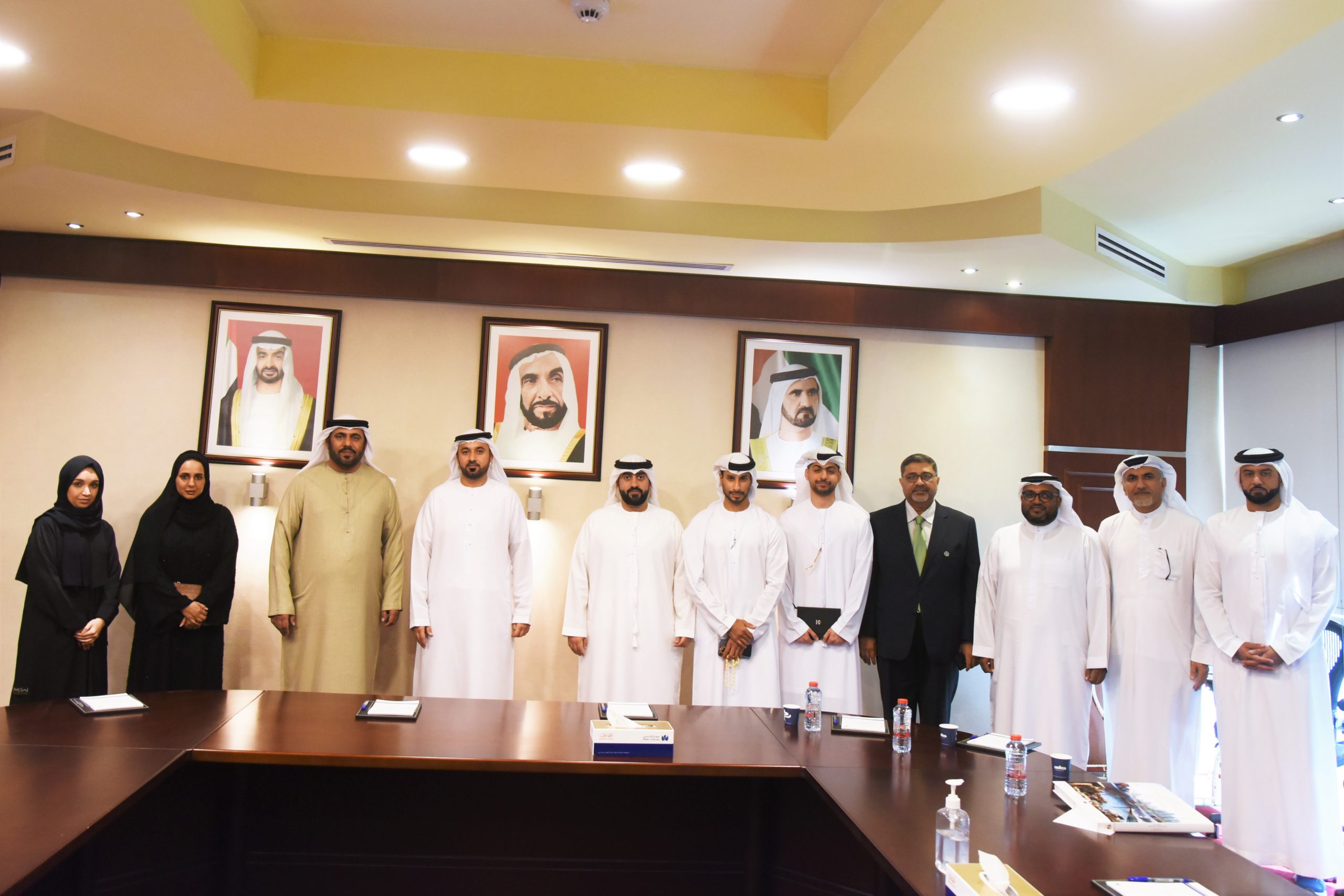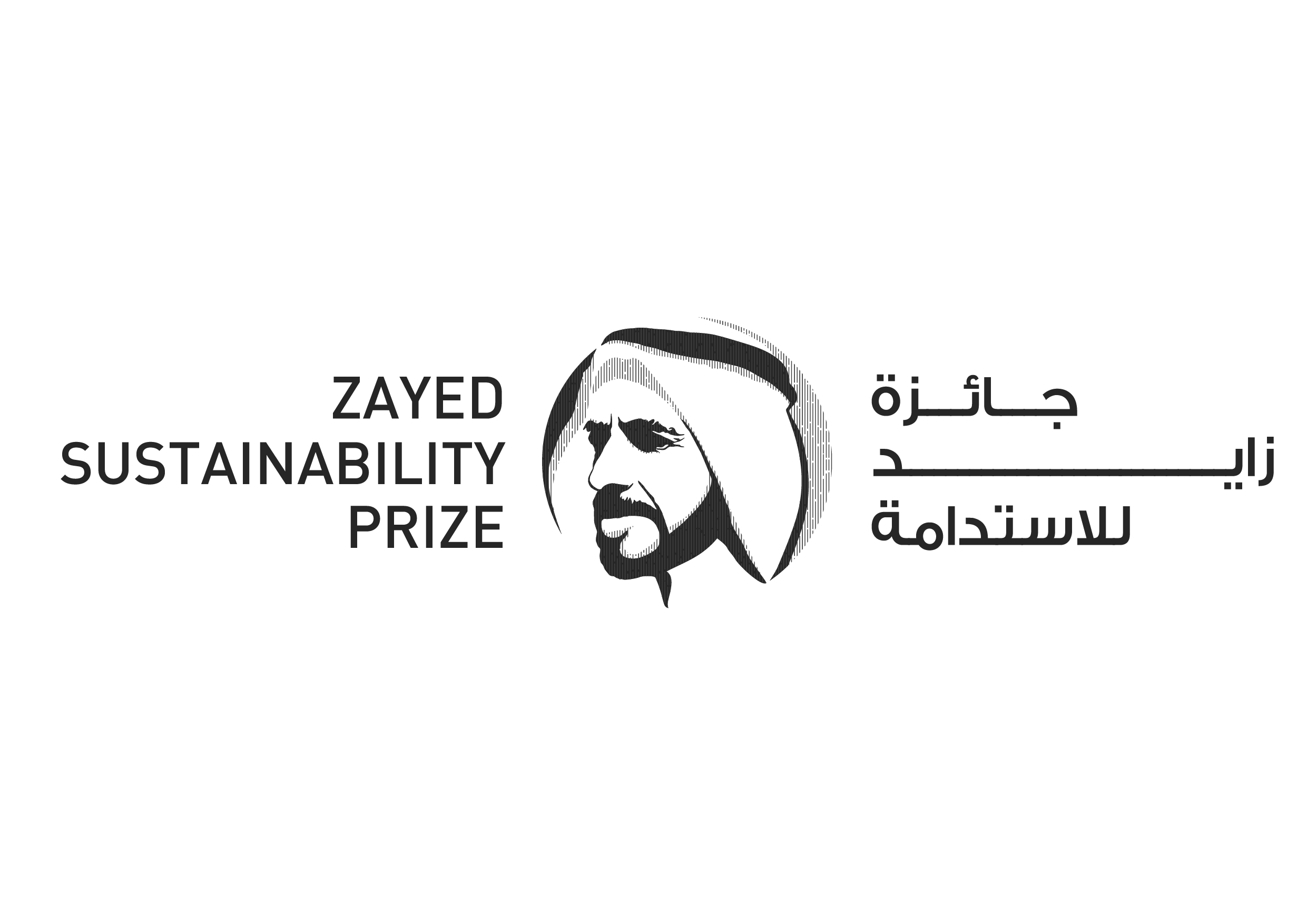ABU DHABI, 30th November, 2021 (WAM) — Over the past 50 years, the UAE has established solid foundations for a diversified and sustainable economy and has succeeded, after the discovery of oil in the region in the 1950s, in achieving significant economic advancement.
It has also exerted significant efforts to transition to a knowledge-based economy, by encouraging innovation and optimising the regulatory frameworks of key economic sectors.
In its new report to be published soon, titled "The UAE: Data Documenting the Journey until 2020", the Federal Competitiveness and Statistics Centre (FCSC) revealed key facts and figures underscoring the country's economic growth during the past 50 years, to mark the country's Golden Jubilee.
The report highlighted a significant rise in the country’s GDP from AED58.3 billion in 1975 to over AED1.3 trillion in 2020 while the contribution of non-oil sectors to GDP surged from 43 percent in 1975 to 83 percent in 2020.
The report also showed an increase in overall foreign trade from AED11.5 billion in 1975 to AED 1.4 trillion in 2020, while foreign direct investments (FDI) in the country grew by 82 percent, amounting to around AED73 billion in 2020, compared to AED40 billion in 2005.
The value of the country's FDIs abroad surged from AED14 billion in 2005 to AED69.5 billion in 2020.
The report also revealed an increase in government spending from AED1.258 billion in 1975 to AED442.386 billion in 2019.
Moreover, the banking sector witnessed a significant surge after the number of commercial banks in the country rose from 20 in 1972 to 59 in 2020, while the total value of bank deposits increased from AED19.5 billion in 1978 to some AED1.9 trillion in 2020. The number of insurance companies in the country rose from 62 in 1975 to 406 in 2020.
Tourism: The UAE’s tourism sector has been a success story, and the country has become a leading international hub to which tourists flock from around the world.
The number of hotel establishments rose from 64 with 5,379 rooms in 1978 to 1,089 with 180,257 hotel rooms in 2020.
The operational capacity of the country’s hotel establishments has developed over the years. In 1979, the number of hotel guests was around 392,000, with stays totalling 1.02 million. In 2020, this number exceeded 14.882 million guests with total hotel stays of 54.3 million.
Total hotel proceeds in 2020 exceeded AED16.6 billion, marking a significant increase compared to 2005 when proceeds totalled AED1.5 billion.
Electricity and Water: The UAE has made massive efforts to meet the growing national demand for electricity and water brought forth by its growing population and its economic and commercial growth, in addition to adopting renewable energy solutions.
The total capacity of the UAE’s power plants increased from 482 megawatts in 1975 to around 35,000 megawatts in 2020, while the generated electric power exceeded 137,000 gigawatts per hour in 2020 compared to 1,467 gigawatts per hour in 1975.
The electricity generated by renewable energy plants has grown significantly in 2020 compared to 2009, rising from 6 gigawatt hours in 2009 to 5,476 gigawatt hours in 2020. In 2009, the total installed capacity of renewable energy plants was 10 megawatts, but in 2020, this jumped to 2,289 megawatts, a rise of 22,698 percent.
Moreover, the report highlighted an increase in the quantity of desalinated water produced in 2020, reaching 2 billion cubic metres, a significant increase from 1983 when it stood at 256 million cubic metres. In 2020, the number of wastewater treatment plants in the country stood at 125, an increase of 145 percent over 2011, when there were only 51. The volume of treated wastewater increased by 55 percent in 2020, reaching 769 million cubic metres, compared to 498 million cubic metres in 2011.

 World3 years ago
World3 years ago
 World2 years ago
World2 years ago
 Entertainment7 years ago
Entertainment7 years ago
 World7 years ago
World7 years ago
 Entertainment7 years ago
Entertainment7 years ago




